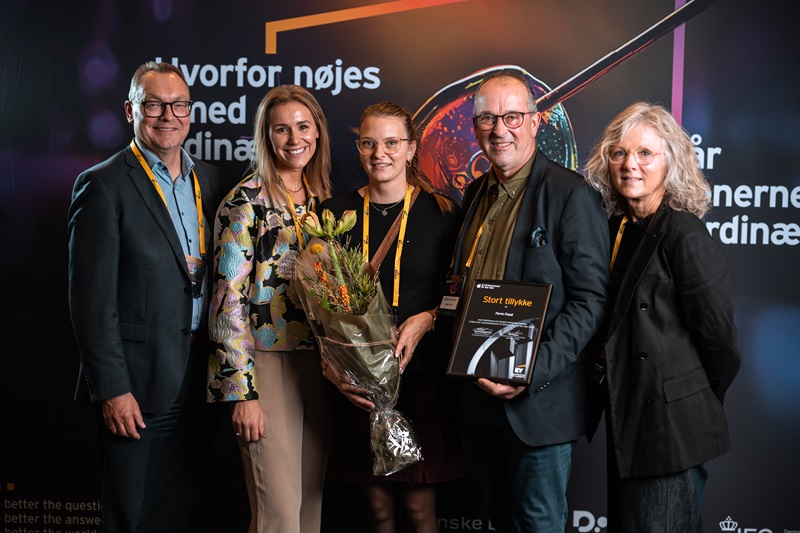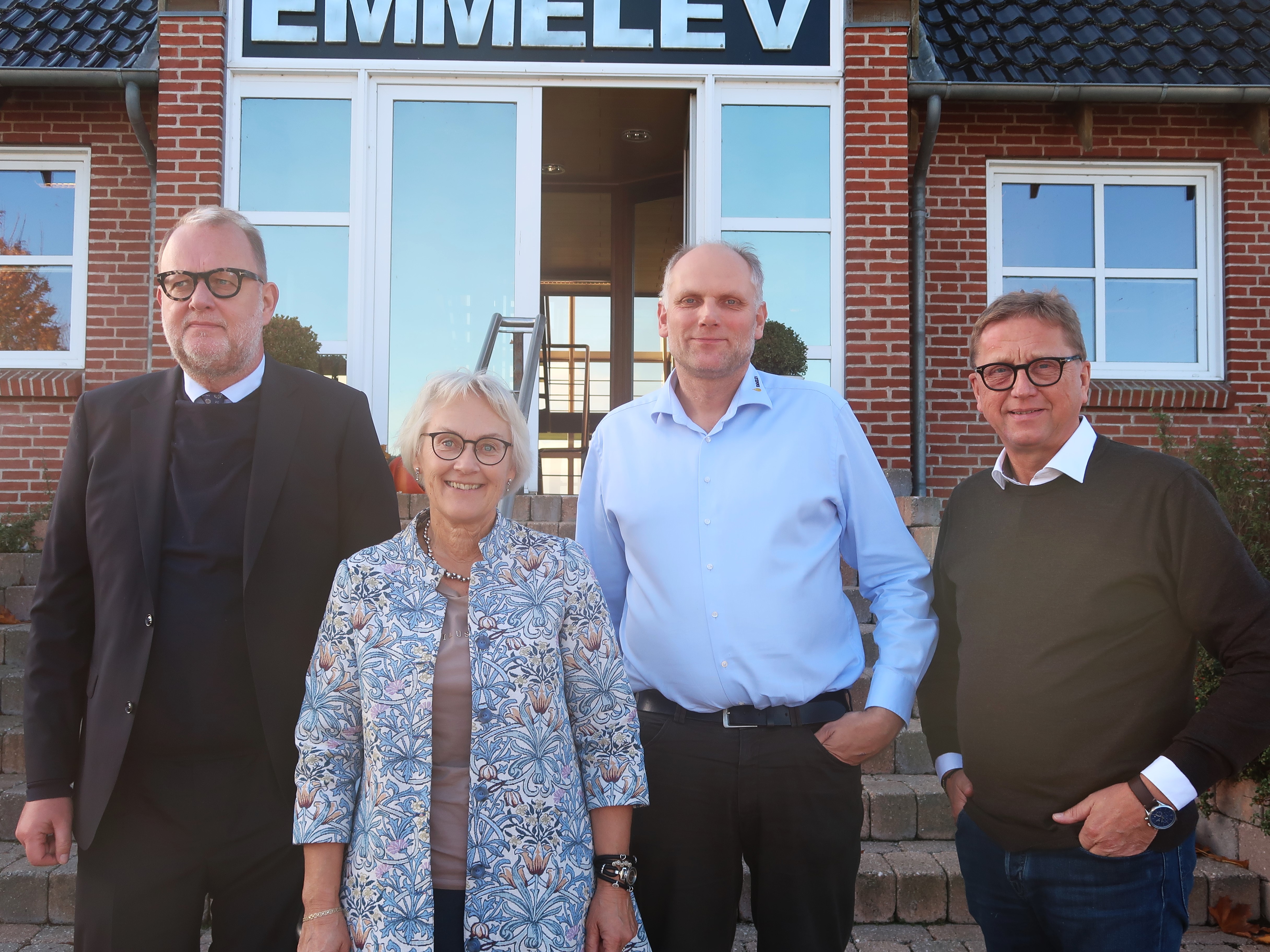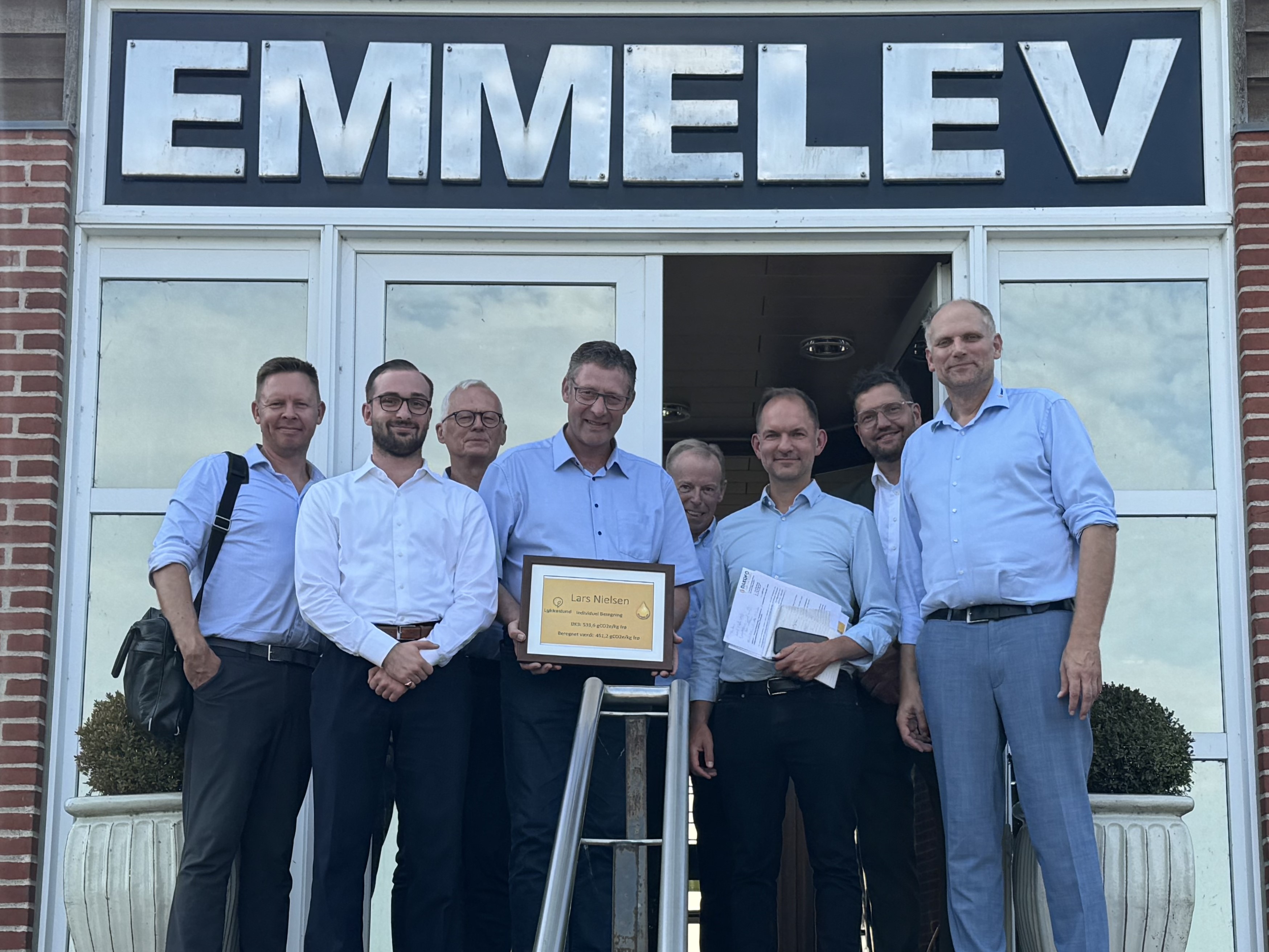Erling Bonnesen visited Emmelev A/S. It's a win-win situation for all parties.
During a visit to Emmelev A/S in Otterup, Erling Bonnesen, Venstre’s environmental and food policy spokesperson, stated that Danish-produced biofuel derived from rapeseed grown on Danish fields can increasingly be used in cars, trucks, and buses running on diesel, thereby reducing Denmark’s CO2 emissions.
In connection with the meeting in Otterup, Erling Bonnesen mentioned that Danish biodiesel is interesting as one of the elements in a future Danish climate policy. He noted that biodiesel is currently mixed with regular fossil diesel, making it a familiar product, and he will continue to work on the possibility of using more biodiesel in the future at Christiansborg.
Bjarne Simonsen and Kent Gordon from Emmelev A/S received Erling Bonnesen in Otterup, explaining that the company produces biodiesel based on Danish rapeseed. Biodiesel is used domestically as an additive to fossil diesel fuel, making up seven percent of the fuel, but the proportion of biodiesel can be increased. In countries like Sweden, biodiesel is used as 100 percent fuel in some heavy vehicles.
The rapeseed is cultivated by Danish farmers and is a well-known and tested winter crop with various benefits in crop rotation and for the environment. Agriculture is working diligently to reduce CO2 emissions, and the Danish production of rapeseed on 180,000 hectares is one of the most climate-friendly in Europe.
The by-product, which makes up about two-thirds of the total amount, is used for protein-rich and GMO-free feed cakes for livestock, thereby replacing imported soy meal from other parts of the world where rainforests are being cleared to support agricultural production.
In Denmark, the consumption of diesel for public transport is around 150 million liters per year. If this fossil oil is replaced by biodiesel, the CO2 savings would be approximately 300,000 tons per year.





